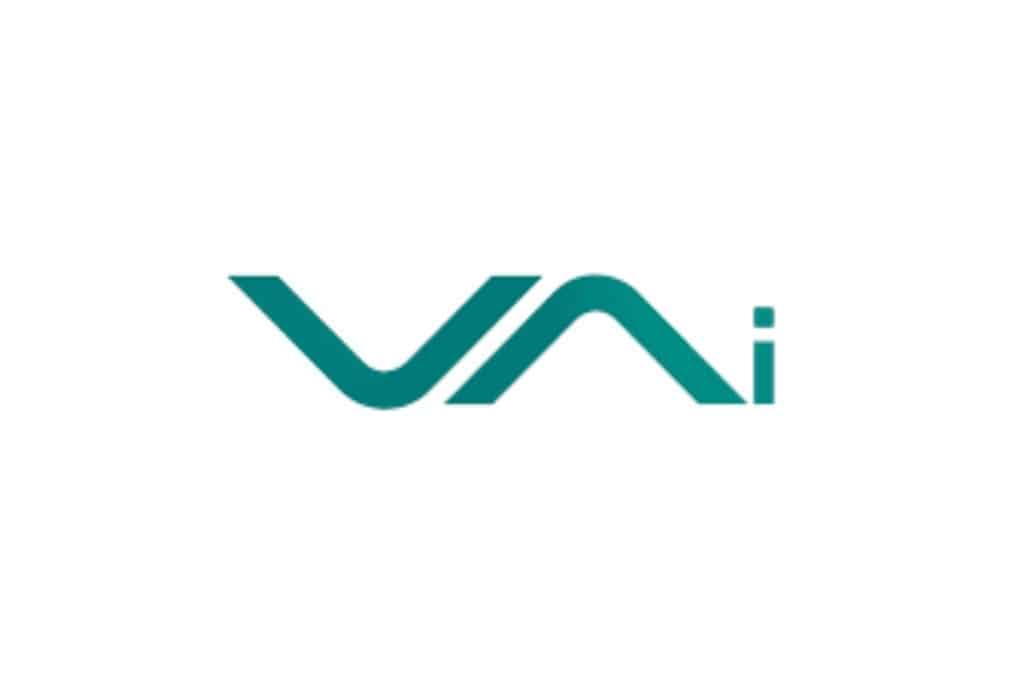Artificial intelligence is transforming trading, but the opacity of automated systems has created a transparency problem. As platforms proliferate with performance claims that are difficult to verify independently, the gap between marketed results and actual trading outcomes has become a concern for investors and regulators alike. The next evolution in AI trading may be defined not by algorithmic sophistication, but by accountability.
Third-party verification is emerging as a critical defense against this transparency gap. For AI trading systems to build credibility, performance claims must be independently validated rather than self-reported.
The Information Asymmetry Problem
Algorithmic trading systems operate largely outside investor observation. Unlike traditional portfolio management where holdings and transactions are visible, AI platforms often function as black boxes. This creates an information asymmetry where operators control what performance data reaches investors.
The challenge intensifies with selective reporting. Self-reported metrics can highlight favorable periods while omitting drawdowns or strategy failures. Without external validation, investors lack tools to distinguish between actual results and optimized backtests.
Independent Verification Frameworks
Several frameworks exist for third-party performance validation. Real-time tracking platforms connect directly to trading accounts, allowing external observers to monitor trades, drawdowns, and returns without relying on operator summaries. More rigorous verification comes through compliance with established standards like the Global Investment Performance Standards (GIPS), which require independent verification by qualified firms.
Velantra AI addresses this through a dual approach with its Titan platform. The system uses real-time tracking through Myfxbook and formal verification through Alpha Performance Verification, a GIPS compliance firm. This structure provides both ongoing transparency and auditable performance documentation.
What Verification Exposes
Independent verification reveals more than returns. Verified data exposes drawdown depth, recovery periods, volatility patterns, and behavior during adverse conditions. These metrics become critical during market shocks. Recent tariff-driven volatility in foreign exchange markets demonstrated which systems maintained risk parameters and which experienced control failures.
Structural Quality in Verification
Not all verification carries equal weight. The quality depends on the independence of the verifying entity, comprehensiveness of tracked data, frequency of updates, and accessibility to investors. Some platforms offer limited verification covering only select periods or accounts. Comprehensive verification requires continuous monitoring across all activity.
Titan’s framework combines continuous Myfxbook tracking with periodic GIPS verification, designed to provide both real-time oversight and compliance with performance reporting standards.
The Regulatory Shift
Third-party verification is shifting from optional to expected. Investors increasingly demand documented evidence, particularly as regulatory scrutiny intensifies. Platforms resisting external validation face questions about why they avoid confirmation if their claims are accurate. Industry organizations are developing frameworks that may eventually mandate verification for certain trading systems.
This evolution reflects recognition that transparency protections benefit both investors and market integrity. For platforms, establishing verification frameworks positions them for an environment where documented performance becomes baseline rather than competitive advantage.
Implications for Investors
Verification status provides a practical evaluation tool. Platforms with established third-party validation offer performance that can be analyzed independently. Those without require reliance on operator assertions. The distinction matters particularly for risk management claims, where verification reveals how controls function during actual market stress rather than in marketing materials.
Velantra’s integration of multiple verification layers demonstrates how platforms can address transparency expectations while providing investors independent assessment channels.
Looking Ahead
As AI trading moves from experimental to mainstream, accountability standards are rising. Comprehensive third-party validation is likely to become the standard against which all platforms are measured. The question is no longer whether verification matters, but what level provides adequate confidence.
About Velantra AI
Velantra AI develops AI-driven trading systems emphasizing risk management and performance transparency. The company’s Titan platform incorporates third-party verification through Myfxbook and Alpha Performance Verification.
Important Information: All investing involves risk, including possible loss of principal. Foreign exchange and commodities are speculative and may not be suitable for every investor. The information provided here is for educational purposes only and should not be taken as investment advice.
